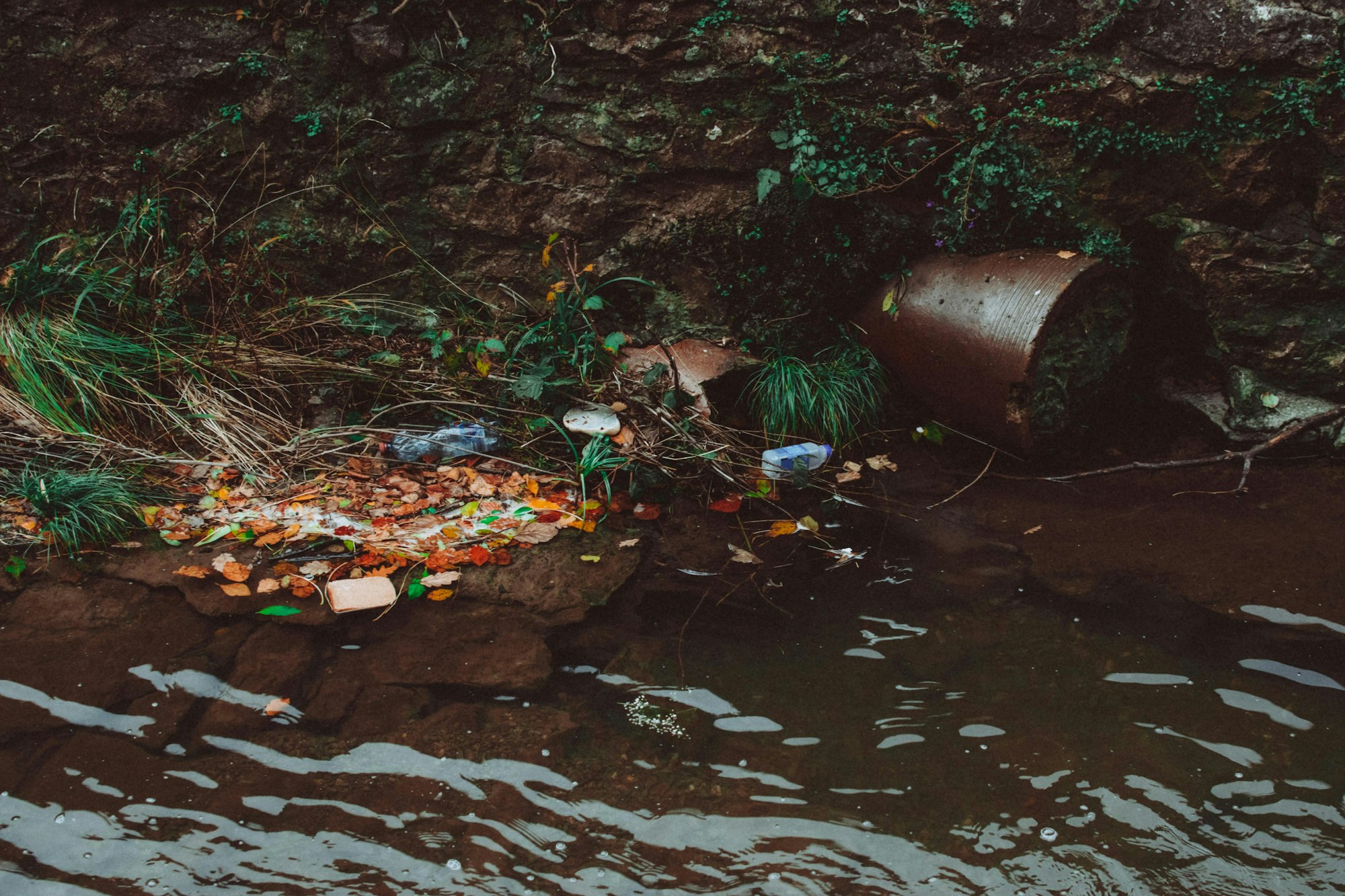September 2, 2025 — How Boxelder is Engaging Policymakers and Creating Awareness About Nonpoint Source Pollution
At Boxelder Sanitation District, we take our mission seriously: protect public health, safeguard the Cache la Poudre River and serve our community with integrity. That commitment doesn’t stop at our facility gates. It extends to regional collaboration, education and policy advocacy, all in pursuit of a healthier watershed for everyone who depends on it.
Recently, that commitment came to life during a regional effort to raise awareness about a lesser-known but increasingly urgent threat to water quality: nonpoint source pollution.
What Is Nonpoint Source Pollution?

Nonpoint source (NPS) pollution is a technical term for a straightforward issue. When rain or snowmelt runs off streets, rooftops, farm fields or construction sites, it can pick up contaminants such as fertilizers, animal waste, oil, bacteria, pesticides and even rusted metal debris. Unlike pollution from a specific pipe or factory, NPS pollution comes from many sources. Once it’s picked up, those contaminants eventually make their way into our creeks, rivers and lakes.
It’s hard to regulate, tough to trace and nearly impossible to filter out once it’s in the stream. That’s what makes prevention and community education so critical. As a wastewater treatment provider, we don’t play a direct role in improving the problem of NPS pollution because we don’t treat river water. But that doesn’t mean we turn a blind eye to NPS pollution.
Sharing a Regional Study with Policymakers
Earlier this year, Boxelder hosted a presentation led by the North Front Range Water Quality Planning Association (NFRWQPA), a group dedicated to studying and planning for water quality in Larimer and Weld Counties. Brian Zick, Boxelder’s District Manager, also sits on the NFRWQPA Executive Committee as a representative of the District, alongside peers from other utilities. This role helps ensure Boxelder stays informed and proactive about regional water quality concerns.
The NFRWQPA’s report took three years to compile and offers “feasible and effective NPS management planning mechanisms for regions within the Middle South Platte River watershed in Larimer and Weld Counties.”
The report identifies key pollutants such as E. coli, heavy metals, bacterial pathogens and sediment in water sources and their potential contributors, as well as the best management practices for mitigation going forward. The reports are intended to provide agencies with the information necessary to apply for funding through the Colorado Department of Public Health and Environment’s (CDPHE) Nonpoint Source Program. This funding would be applied to projects that implement recommended control measures or best management practices to directly address NPS pollution. These regional plans give districts within these watersheds, like Boxelder Sanitation, a significant resource, as funding for extensive studies such as this can be prohibitively expensive.
To view these reports and more information about the NFRWQPA, go to https://www.nfrwqpa.org/region-2-nonpoint-source-watershed-based-plans.
Boxelder recognized the significance of this report and invited local elected officials and policy makers from around the region to our main office for NFRWQPA’s presentation. Representatives from State Senator Cathy Kipp’s office and the City of Fort Collins were in attendance to learn about the findings. The goal was to increase awareness among those who shape policy and funding and inspire future action. The presentation was well-received by those who attended and will hopefully encourage these lawmakers to create and support more policies that address NPS.
The Takeaway: Clean Water Starts with Awareness
One of the most important messages Boxelder hopes to share isn't just for lawmakers. It's for the broader community.
According to the study, agricultural operations, construction sites, feedlots and industrial yards can be contributors to NPS pollution across the region, which enters runoff water from all over. However, despite these larger polluters, everyday actions of residential property owners still contribute, especially when repeated across thousands of households. Lawn fertilizers, pet waste, car washing and even rusted items stored outside can introduce contaminants that eventually make their way to the nearest stream or creek.
When you consider the wider impact that community members can have on water quality, it underscores the importance of bringing this information to the wider community. While broader land use policies and infrastructure changes will have the biggest impact, small steps at the community level can help reduce the problem and support regional efforts:
· Pick up after pets, especially near drainage areas and waterways
· Use fertilizers and lawn chemicals sparingly, or opt for natural alternatives
· Avoid storing metal or hazardous materials where rain or snow can wash over them
· Maintain vehicles and equipment to prevent fluid leaks
· Redirect downspouts to grassy areas where runoff can be absorbed
Why Boxelder Cares
While Boxelder doesn’t directly treat nonpoint source runoff, we are still affected by it. As a utility committed to protecting the Cache la Poudre River, we feel a responsibility to be part of the solution through education, collaboration and proactive leadership.
Our District Manager’s participation in the NFRWQPA Executive Committee allows Boxelder to have a seat at the table when conversations are had about water planning, pollution prevention and regional cooperation. It also gives us the opportunity to amplify important findings like those in the NPS study and help connect the dots between individual behavior and regional water health.
Leading by Example, Acting as a Community
Boxelder’s involvement in this effort is just one more way we go beyond the basics. We’re not required to host educational events or share research with policymakers, but we do it because we care. We want to be part of the bigger conversation, and we want to empower our community to be part of it too.
Clean water depends on many players: municipalities, industries, agriculture and residents. By working together and staying informed, we can reduce nonpoint source pollution and keep the Cache la Poudre River and all our waterways healthy for generations to come.
